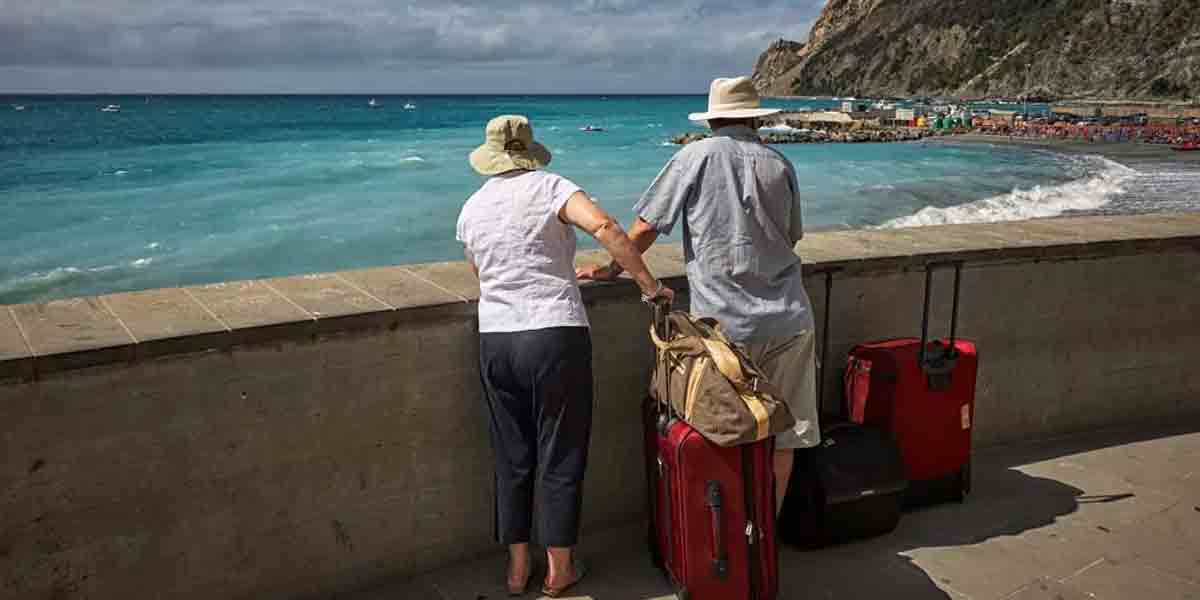By Joseph Bernard A. Marzan
Three candidates for Iloilo City’s Sangguniang Panglungsod in the 2025 elections promised on Friday, Dec. 6, to prioritize improving health and senior citizen services and addressing local tax reforms.
City council candidates Evony “Doc Von” Deveza, Gene Manuel “GM Ariete” Ramos, and Jose “Mor” Espinosa IV spoke to Daily Guardian on Air to introduce their platforms and policy proposals to the public.
They are part of the “Sulong-Gugma” ticket led by incumbent Iloilo City Lone District Rep. Julienne “Jam-Jam” Baronda, who is seeking a third and final term. Former Mayor Jed Patrick Mabilog, though not running for office, serves as one of their lead campaigners.
Deveza and Ramos are running under the Lakas-Christian Muslim Democrats (Lakas-CMD) party, while Espinosa is an independent guest candidate.
SERVICES
Deveza, a psychiatrist and mental health advocate, emphasized the need to improve health services in Iloilo City, particularly in mental health care.
She noted that Iloilo City ranks second nationwide in terms of mental health service providers after Metro Manila but only has around 20 professionals and two public mental health facilities.
Her proposals include creating mental health facilities to cater to neurodevelopmental concerns, passing a local mental health ordinance in line with Republic Act No. 11036 (Mental Health Act), and conducting workshops to augment the number of mental health professionals.
The two existing facilities are the West Visayas State University Medical Center (WVSUMC) in Jaro district and the Western Visayas Medical Center (WVMC) in Mandurriao district.
“We do have [a mental health] facility, but we have to improve and add services. I think there are plans to add more mental health facilities because there are only two hospitals in the city—Don Benito [WVSUMC] and Western [WVMC],” Deveza said.
She also proposed allocating part of the Special Education Fund (SEF) for health services.
“Everyone should be able to get medications, especially at health centers, because that is sometimes the issue—unavailable, out of stock, or about to expire. Hopefully, we can improve the quality of service when it comes to health,” she said.
Espinosa, a local businessman, highlighted the importance of supporting senior citizens by ensuring that benefits and services from both the national and local governments are accessible.
“Even if they are only 10 percent of our city, we need someone to be their voice. We ‘councilorables’ aren’t at that [age] yet, but we will get there eventually. We want senior citizens to enjoy the benefits and services. Let’s improve whatever the national government has for them,” Espinosa said.
LOCAL REVENUE
Ramos, a businessman, emphasized the need for reforming the city’s local taxation policies to balance government revenue and taxpayer concerns.
He criticized the 300-percent increase in Real Property Tax (RPT) and proposed limiting the increase to 20 percent.
“The city can [generate] income through RPT, [and] at the same time, the public won’t be [heavily] impacted. The RPT doesn’t only affect the business sector but everybody,” Ramos said.
He cited conversations with pensioners who struggled to afford medicine after using their budget to pay higher property taxes.
Espinosa echoed Ramos’ concerns, saying that senior citizens, most of whom are not earning, feel the burden of tax increases through higher consumer costs.
“Senior citizens are consumers too. Even if they don’t have income, they also buy things. If the [RPT] paid by landowners increases, consumers feel it. Maybe before, a P200 budget could cover meals for one day; now, that might only be for breakfast,” Espinosa said.
Deveza added that RPT increases also affect rental costs for clinics, which may result in higher consultation fees for patients.
“Since we’re a private practice, rent increases lead to consultation fee increases. This trickles down to the patients, adding to their financial and mental health concerns,” she said.
Ramos also suggested that the city government actively educate residents on starting and maintaining businesses, which could boost other revenue sources such as sales taxes and garbage collection fees.
As a business owner, Ramos noted how increasing local costs affect consumers.
“For example, my pharmacy’s garbage fee used to be P600, but now it’s P1,500, so I have to add that [cost] to the price of medicines. At my café, garbage fees increased from P1,800 to P3,200. Those are big increases, and of course, we have to pass them on,” Ramos said.






















